Subscribe to the Newsletter
If you are interested in understanding how Traditional Chinese Medicine can improve your life sign up to my newsletter for the latest updates.
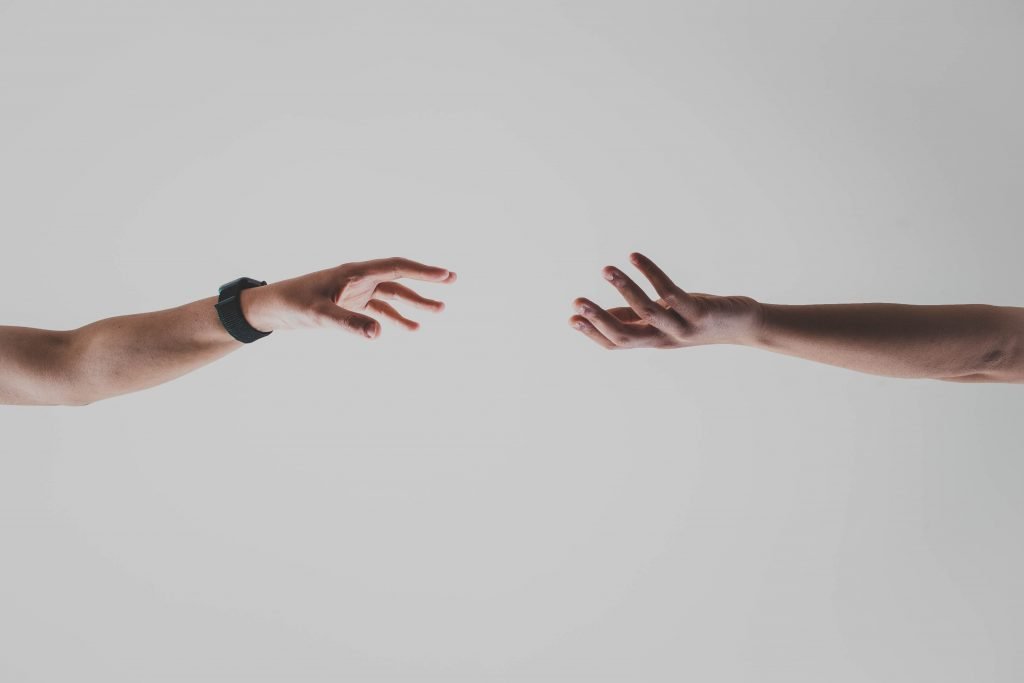
In Chinese medicine, disease has three broad origins:
Each of these is divided into sub-categories.
Internal causes are those which do not arise from catching a bug or a virus.
In designing a treatment, symptoms are more important than the original cause of the disease. However, understanding the cause often leads to better prognosis and treatment, so they are connected.
It’s rare that only one internal cause is involved. What is more, different causes of disease affect people at different stages of their lives. Sometimes their effect may be noticed only years later, when symptoms are traced back to it.
Often ‘Never well since’ an episode earlier in life identifies the source.
Inherited factors can play a huge part in an individual’s health.

However, even if someone has a weak constitution, with forethought and self-discipline he may live much longer and more healthily than someone with a robust constitution who squanders his health through poor lifestyle choices.
Specifically, the health we inherit is said to depend on:
One should also consider the age of the parents when the child was conceived. Sperm from an older father may be less virile and the ovum from an older mother less capable. If the mother is old at conception, she will have less Kidney qi reserves so less available for a healthy pregnancy and child.
Nowadays mothers know about the ill-effects of smoking and alcohol during pregnancy.
For example, Australian scientists discovered considerable adverse changes in the structure of babies’ heads when their mothers consistently drank alcohol during pregnancy. (JAMA Pediatrics, DOI: 10.1001/jamapediatrics.2017.0778)
The effects of trauma are usually immediately noticeable.
Sometimes, someone young suffers a major trauma – and seems to recover. In Chinese medicine, consequences can appear many years later. That may be when the individual is exposed to external pathogenic factors that his ageing vitality can no longer combat.
Then, although the trauma occurred long before, it still counts as one of the internal causes of disease.
Trauma usually causes Blood Stasis.

Over-exertion is relative to the constitution of the individual.
A trained world-class athlete is capable of continued exertion that would be hardly imaginable for a normal individual. Yet even such an athlete can, and not infrequently does, over-exert himself.
This leads to a period of lowered energy and the need for rest to recuperate.
Over-exertion, such as weight-lifting or running too great a distance, usually leads to Kidney Yang deficiency.
Over-exertion as one of the internal causes of disease includes working too hard, for too long, or working without proper rest. It can include over-exertion of a particular part of the anatomy (eg vision if the individual works too long at a computer; repetitive strain injury where someone repeats a particular movement too often).
Overwork leads to yin deficiency, mainly of Kidney yin, but potentially also of Liver Yin.
Repetitive strain injury leads to Blood Stasis.
Over-use of the eyes leads to deficiency of Liver Blood.
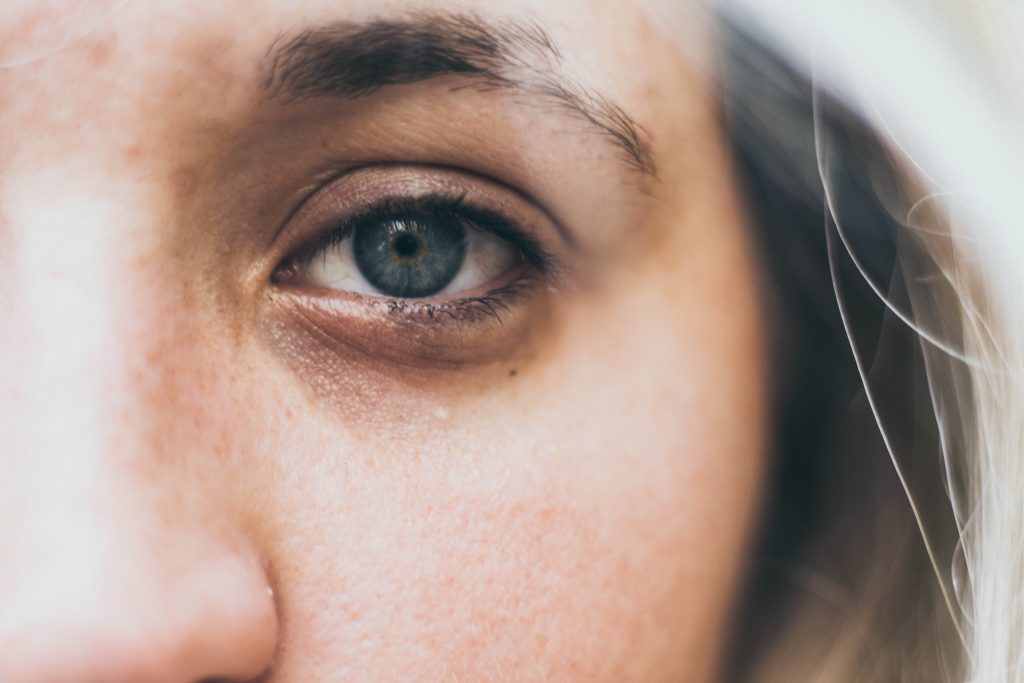
These over-exertion internal causes of disease are often hard to accept when they occur. People understandably believe that they are living busy lives and must work hard.
This doesn’t alter the potential for long-term problems.
Traditionally there are seven emotions that, unresolved, can be major internal causes of disease if they persist or are over-indulged in.
A slightly expanded list of these gives:
However, you can’t take the connections between emotion and Organ (or Zang-fu) too rigidly. Any emotion can affect any of the Organs.
If you hold a particular emotion too strongly for too long, it may affect not just the Organ mentioned but also another in the Five Phase or Element diagram (sorry – no page on that, yet).
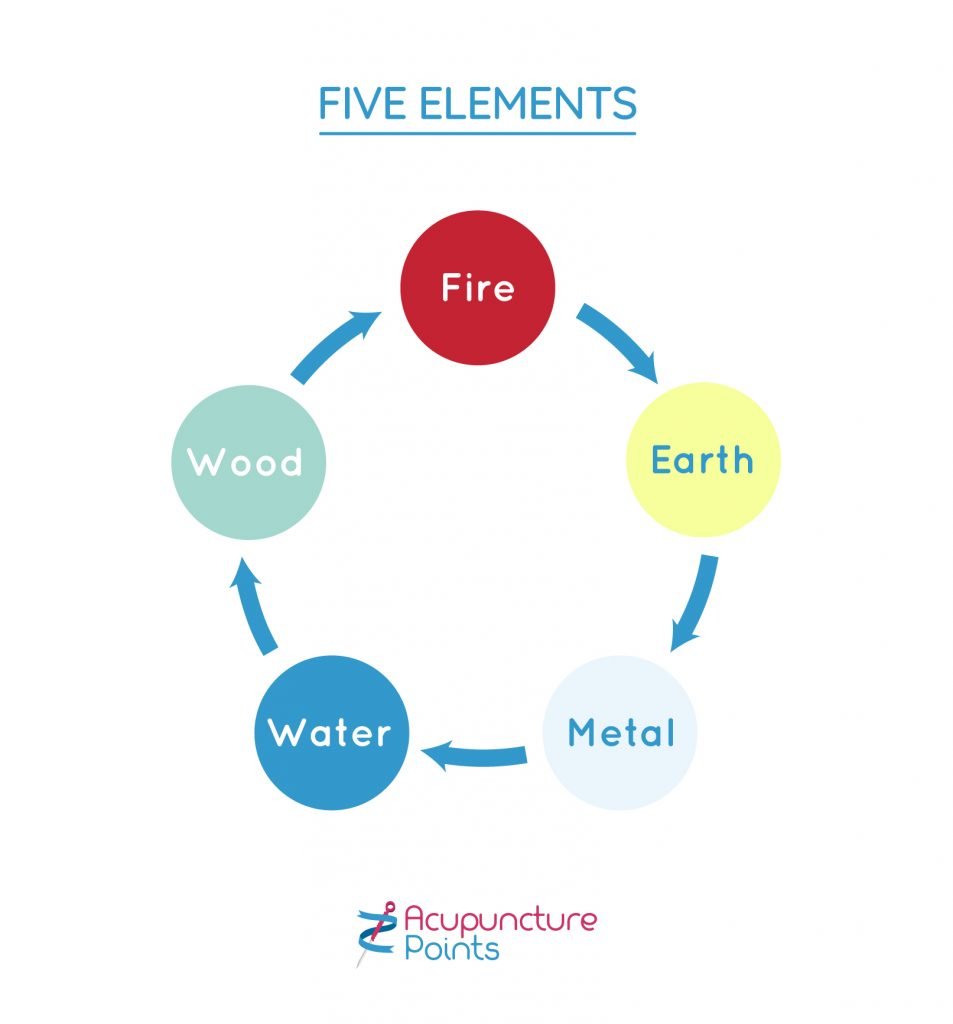
So prolonged Fear could affect not just the Kidneys but also the Liver, leading to a lack of nerve or of courage. All emotions have an effect on the Heart.
Any emotion, if one of the internal causes of disease, impairs the circulation of qi and blood. In particular it affects the direction of flow of qi.
Specifically, quoting from chapter 39 of the ‘Simple Questions’ (an ancient book on Chinese medicine, still studied and used today):
Anger makes qi rise: this we see in the face, the eyes, the complexion, the tension in the shoulders and neck, the grinding of teeth, the biting of nails or lips and so on.
Joy slows down the movement of Qi: as when someone is speechless from joy or surprise.
Sadness dissolves qi: as when, feeling hopeless from sadness we find we lack energy to do anything: we sink, dejected.
Over-thinking ties up (knots up) qi: someone who is thinking about something too much can’t make up their minds about it.
Fear descends qi: involuntarily our knees give way or we defecate or urinate.
Shock scatters qi: we shake, we sweat, we go pale, we can’t stand, our pulse races uncontrolled.
As internal causes of disease, severe emotional trauma can have lifelong effects on health, even after the individual has made serious attempts to accept the trauma and its consequences.

Suggesting that this might be a cause of disease has more than once got me into trouble!
As one of the internal causes of disease, this is the least acceptable to many people nowadays – at least in developed countries.
The ancient Chinese lived in uncertain times, in conditions of hygiene we would find unacceptable, with unreliable food sources. Guarding their ‘essence-qi’ was more vital than now.
But even now, many people worldwide live in conditions not so different to the ancient Chinese.
On the other hand, many people living in the developed world believe that there is no limit to what they can have health-wise. With a ‘free’ national health service, they think they can repair any damage they do to themselves!
Increasingly, women expect abortions if they don’t like the sex or even the probable astrological birth sign of their foetus. (‘A Violent, loveless future awaits the world’s lonely sons’: Sunday Times 31.7.11 News Review p7)
An abortion, in Chinese medicine, can seriously upset the flow of qi and Blood on which the woman’s future health depends. It is a surgical procedure which may cause Blood Stasis and drain the woman’s Kidney essence, her ‘Jing’.
In any case, one must understand ‘Excessive Sexual Activity’ in relation to age and health of the individual. People in poor health should indulge less often.
Classic Chinese medical thinking was that a rough estimate of how often a man should ejaculate is to divide his age by 5, giving the number of days between ejaculations. For instance, a 30 year old should, according to this recommendation, not ejaculate more often than once every 6 days.
However, much depends on the man’s health, commitments and lifestyle. Stress of any kind may impair his ability and drain his energy but sometimes for a healthy man under stress, ejaculation can be cathartic.
Sexual activity for men is easy to describe: it means sperm ejaculation, which in Chinese Medicine is said to use up Kidney Essence.
For women, what excessive sexual activity means is less clear. Normal orgasm for women doesn’t use Kidney essence.
However, any sexual activity that is exhausting must be considered. This includes, for some, having too many babies close together, without proper recovery between them. Blood loss from the womb that is uncontrolled would have a similar effect, such as in menorrhagia.
Abstention from sex when there is desire may also, long-term, harm the individual. What is called Minister Fire ascends during sexual desire and orgasm sends it down.
If no orgasm then occurs, it may remain ascended and, eventually impair Heart qi or cause Heart Fire. Tantric traditions teach that non ejaculating during sex means that no Kidney essence is used up and can, so long as there is periodical ejaculation, enhance sexual experience.
When in poor health, or recuperating from illness, men should indulge much less in orgasm with ejaculation.

For more on this, read Nutrition and Supplements.
These can be one of the internal causes of disease but this is less common nowadays in developed countries.
Parasites use the body’s supplies of Qi and Blood, so drain Spleen qi and often cause symptoms of Dampness and Heat which themselves favour production of more parasites.
They arise mostly from poor hygiene and diet. However, in some countries parasites enter via the eyes, the ureter, anus or vagina, for example when swimming in infested water.
Any diet that weakens the Spleen energy encourages conditions that harbour parasites.
As internal causes of disease, the effect of poison and recreational drugs is obvious: so too with medicinal drugs that are taken for too long or in inappropriate quantities.
With recreational drugs, the occasional and limited use of them, where society permits it, is probably not damaging – for most people.
Some people, however, are highly sensitive to even small doses of recreational drugs. This sensitivity leads to such drugs being one of their internal causes of disease.
Regular use long-term of recreational drugs will damage the body’s resources into the indefinite future, even after use of the drug has stopped. Cannabis, for example, often seems to scatter the brain’s ability to take clear long-term decisions and to concentrate properly.
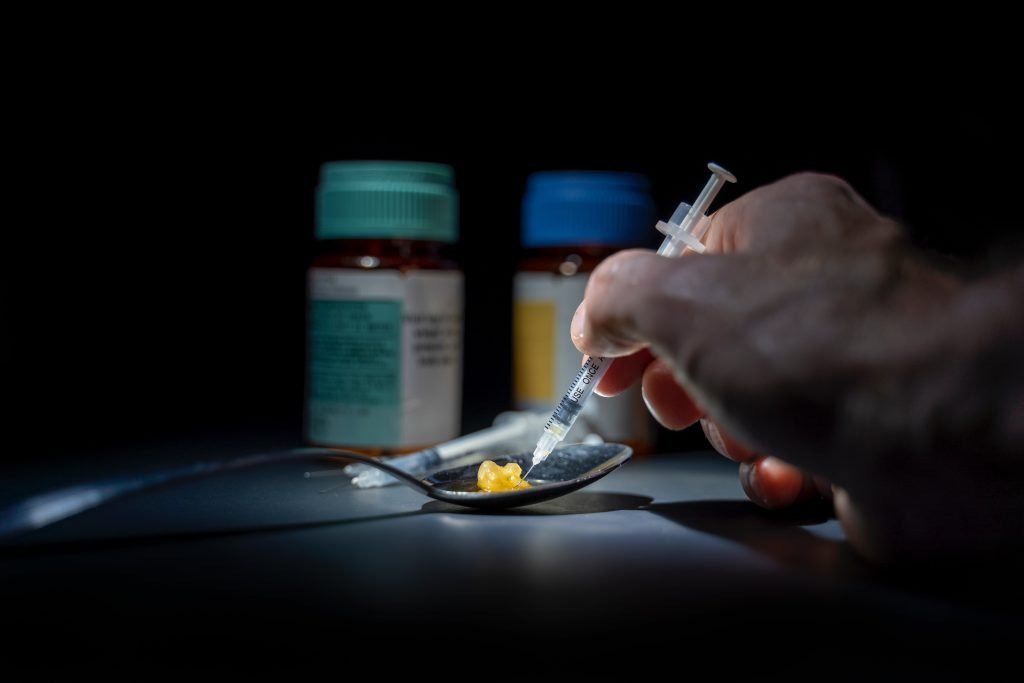
Medicinal drugs, used for too long, can have damaging effects, especially with antibiotics, steroids and chemotherapy, which damage Spleen and Stomach qi and Yin, Blood and Body fluids.
Immunisations can cause long-term damage and become important internal causes of disease if the body fails to react properly to them at the time. (Even then, there is the suspicion of ongoing damage, not appearing until many years later.)
An appropriate reaction is usually a mild fever and sweating, possibly with a rash. This shows that the body’s defensive qi has recognised the invasion and, as with any disease invasion, has gone through its inbuilt way of exteriorising it.
Where the reaction either fails to materialise or is so small as to be hardly noticeable, the body will eventually produce Latent Heat. If the reaction is severe, with great fever, thirst etc, one cannot be sure that the body has successfully rid itself of the toxin. It may still produce symptoms from Latent Heat in the future.
Latent Heat is, in theory, capable of facilitating the development of many highly debilitating diseases.
Iatrogenic, ‘doctor-caused’ disease is a major concern in modern medicine. However, any therapy can give wrong treatment.
That a therapy is ‘natural’ is irrelevant! Herbs, acupuncture, homoeopathic remedies, even manipulation, may all be damaging when used wrongly.
Wrong treatment can also be suppressive. It appears to clear the symptoms, but they return later. Alternatively they may return in some other, supposedly unrelated form.
For more on this idea, click Suppression.
To discuss your health with a qualified acupuncturist in Edinburgh, click on Edinburgh Acupuncturist. If you live elsewhere, click BAcC.
Click here to get back from Internal Causes of Disease to Acupuncture Theory.

Stay in Touch!
No spam, only notifications about new articles and updates.

Book a Video consultation if you want to know more about your symptoms

This Introductory Chinese medicine course introduces you to the amazing thinking behind this ancient medicine, now increasingly in demand.
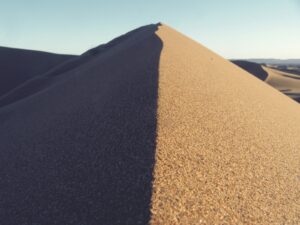
The Scottish College for Chinese medicine provides introductory courses for all, explaining Chinese medicine and its cultural background.
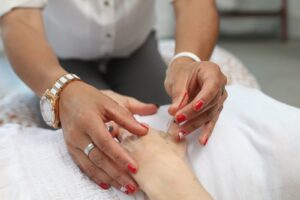
Master Tung’s acupuncture is a hidden treasure, lost to China but recovered in Taiwan from where it spread round the world.

Knee pain has five main causes. It’s certainly worth trying acupuncture before you resort to surgery!
Subscribe to the Newsletter
If you are interested in understanding how Traditional Chinese Medicine can improve your life sign up to my newsletter for the latest updates.
Subscribe to the Newsletter
If you are interested in understanding how Traditional Chinese Medicine can improve your life sign up to my newsletter for the latest updates.